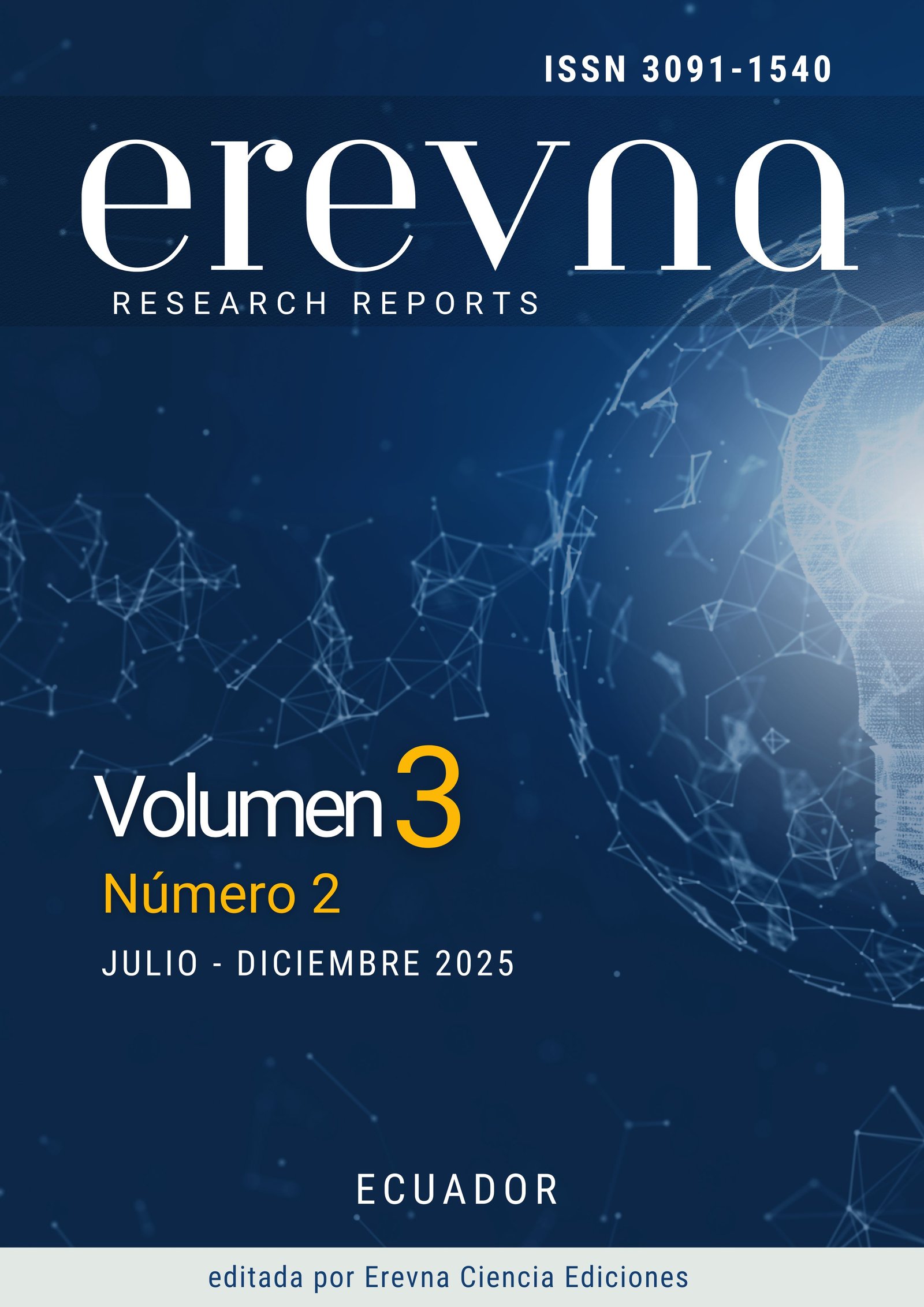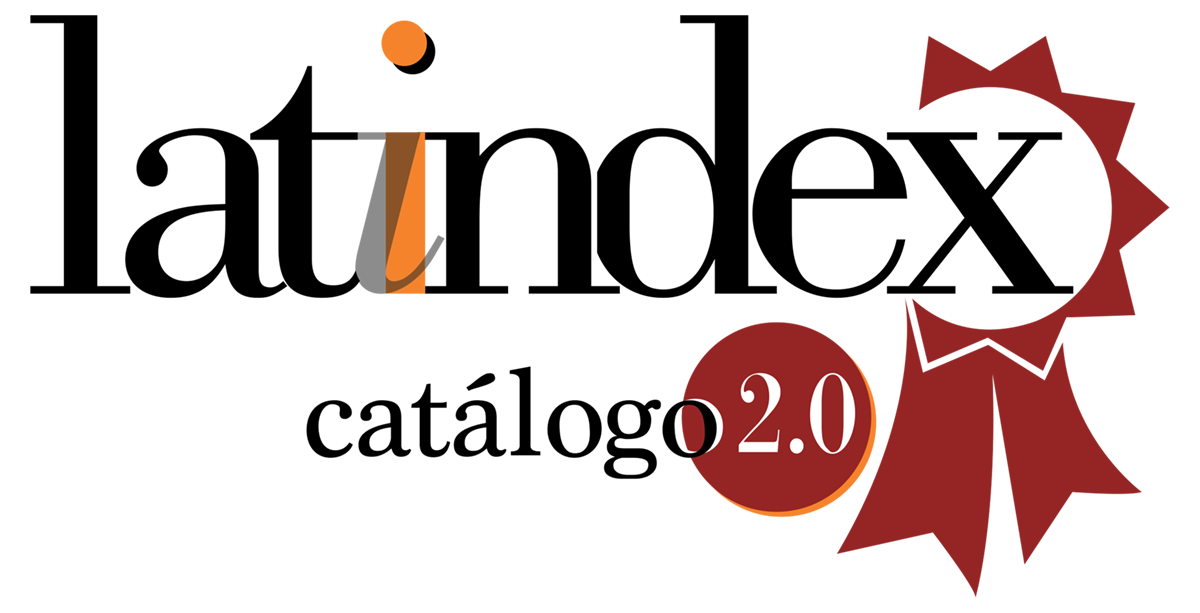Agents of Light: Gamification Process for Teaching Physics
DOI:
https://doi.org/10.70171/g356bh77Keywords:
didactic strategy, gamification, perceptionAbstract
Justification: this study examined the effect of applying a gamification process as a teaching strategy in teaching concepts and problems related to light reflection and refraction, in response to challenges in teaching physics concepts that affect motivation and conceptual understanding. Objective: this research aimed to investigate students' perceptions of learning a topic through the application of the gamification process, called “Agents of Light (Optical Operation)”. Methodology: the methodology employed a quantitative approach with a descriptive scope and a quasi-experimental design, implementing the strategy over a period of five weeks, with a population of 70 second-year high school students from the José Antonio Eguiguren La Salle – Loja Private Educational Unit serving as the experimental group. The data were obtained through a perception survey that was validated by three experts using the Aiken coefficient.. Results: the findings revealed a positive perception of the implementation of this methodology, as 91% of the participants reported feeling more motivated and 88% considered that the missions facilitated their ability to solve optical problems. Conclusion: It was concluded that gamification is a relevant tool that positively impacts student engagement, facilitates the learning of abstract concepts, and promotes the development of soft skills.
Downloads
References
Baah, C., Govender, I., & Subramaniam, P. R. (2024). Enhancing Learning Engagement: A Study on Gamification’s Influence on Motivation and Cognitive Load. Education Sciences, 14(10), 1115. https://doi.org/10.3390/educsci14101115
Bernal Párraga, A. P., Haro Cedeño, E. L., Reyes Amores, C. G., Arequipa Molina, A. D., Zamora Batioja, I. J., Sandoval Lloacana, M. Y., & Campoverde Duran, V. D. R. (2024). La Gamificación como Estrategia Pedagógica en la Educación Matemática. Ciencia Latina Revista Científica Multidisciplinar, 8(3), 6435-6465. https://doi.org/10.37811/cl_rcm.v8i3.11834
Calle, O. A. B., Marchán, A. L. C., Bruno, F. de P. P., Tenemaza, Y. A. G., Redrovan, C. A. R., & Valdez, C. F. C. (2025). Impacto de la Gamificación en el Rendimiento Académico y la Motivación de los Estudiantes de Bachillerato en Ecuador. Revista Veritas de Difusão Científica, 6(1), Article 1. https://doi.org/10.61616/rvdc.v6i1.459
Camacho Sanabria, C. A., Bórquez, I. L., & Muniozguren Colindres, I. (2018). Perspectivas y retos de la educación Lasaliana para el siglo XXI. Universidad de La Salle. Ediciones Unisalle. https://doi.org/10.19052/978-958-5400-89-4
Caviedes, J., Benítez, L. V., & Vásquez, J. E. G. (2024). La motivación esencial para el aprendizaje en estudiantes de grado octavo y noveno. Estudios y Perspectivas Revista Científica y Académica, 4(1), 645-679. https://doi.org/10.61384/r.c.a..v4i1.119
Chávez-Chávez, D. V., & Chancay-García, L. (2022). Gamificación en el aprendizaje de la asignatura de física en el bachillerato general ecuatoriano. EPISTEME KOINONIA, 5(1), 391. https://doi.org/10.35381/e.k.v5i1.1820
Imbaquingo Guerrero, J. A., Luzuriaga Ruiz, T. L., & Ramírez Collaguazo, P. E. (2023). Gamificación y educación una mirada a los procesos de enseñanza aprendizaje: Gamification and education a look at teaching-learning processes. LATAM Revista Latinoamericana de Ciencias Sociales y Humanidades, 4(2). https://doi.org/10.56712/latam.v4i2.891
Justiniano Flores, R. J., & Cancino Cotrina, D. M. (2024). La motivación en el aprendizaje durante la última década. Horizontes. Revista de Investigación en Ciencias de la Educación, 8(32), 380-392. https://doi.org/10.33996/revistahorizontes.v8i32.730
López-Marí, M., San Martín-Alonso, Á., & Peirats-Chacón, J. (2022). De los videojuegos a la gamificación como estrategia metodológica inclusiva. Revista Colombiana de Educación, 84, 1-22. https://doi.org/10.17227/rce.num84-12518
Merino-Soto, C. (2023). Coeficientes V de Aiken: Diferencias en los juicios de validez de contenido. MHSalud: Revista en Ciencias del Movimiento Humano y Salud, 20(1), 1-10. https://doi.org/10.15359/mhs.20-1.3
Ministerio de educación. (2021). Curriculo priorizado en compencias, Bachillerato.
Monroy-Carreño, M., & Monroy-Carreño, P. (2019). La gamificación como estrategia para el aprendizaje de Física. Revista de Tecnologías de la Información y Comunicaciones, 1-12. https://doi.org/10.35429/JITC.2019.9.3.1.12
Núñez-Naranjo, A., Pérez-Andrango, K., Díaz-Verdezoto, L., & Vargas-Caiza, W. (2025). Gamificación en el aula: Herramientas Tecnológicas para Mejorar la Motivación y el Aprendizaje. 593 Digital Publisher CEIT, 10(1-2), 36-50. https://doi.org/10.33386/593dp.2025.1-2.2956
Poveda Pineda, D. F., Limas-Suárez, S. J., & Cifuentes-Medina, J. E. (2023). La gamificación como estrategia de aprendizaje en la educación superior. Educación y Educadores, 26(1), 1-18. https://doi.org/10.5294/edu.2023.26.1.2
Solorzano, P. A. A., Triviño, Z. Z., Avello-Martínez, R., & Tapia-Bastidas, T. (2024). Guía metodológica gamificada con Educaplay para mejorar la motivación y rendimiento académico en la asignatura de física. Investigación, Tecnología e Innovación, 16(22), Article 22. https://doi.org/10.53591/iti.v16i22.1864
Torres, N., Bolívar, A., Universidad Pedagógica y Tecnológica de Colombia, Solbes, J., Universidad de Valencia, Parada, M., & Universidad Pedagógica y Tecnológica de Colombia. (2021). Percepciones de estudiantes universitarios sobre su formación en física en educación secundaria. Revista U.D.C.A Actualidad & Divulgación Científica, 21(2). https://doi.org/10.31910/rudca.v21.n2.2018.975
Zeng, J., Sun, D., Looi, C., & Fan, A. C. W. (2024). Exploring the impact of gamification on students’ academic performance: A comprehensive meta‐analysis of studies from the year 2008 to 2023. British Journal of Educational Technology, 55(6), 2478-2502. https://doi.org/10.1111/bjet.13471
Downloads
Published
Issue
Section
Categories
License
Copyright (c) 2025 Kevin A. Suárez, Freddy P. Guachun, Fredy Y. Rivadeneira (Autor/a)

This work is licensed under a Creative Commons Attribution-NonCommercial-ShareAlike 4.0 International License.






















